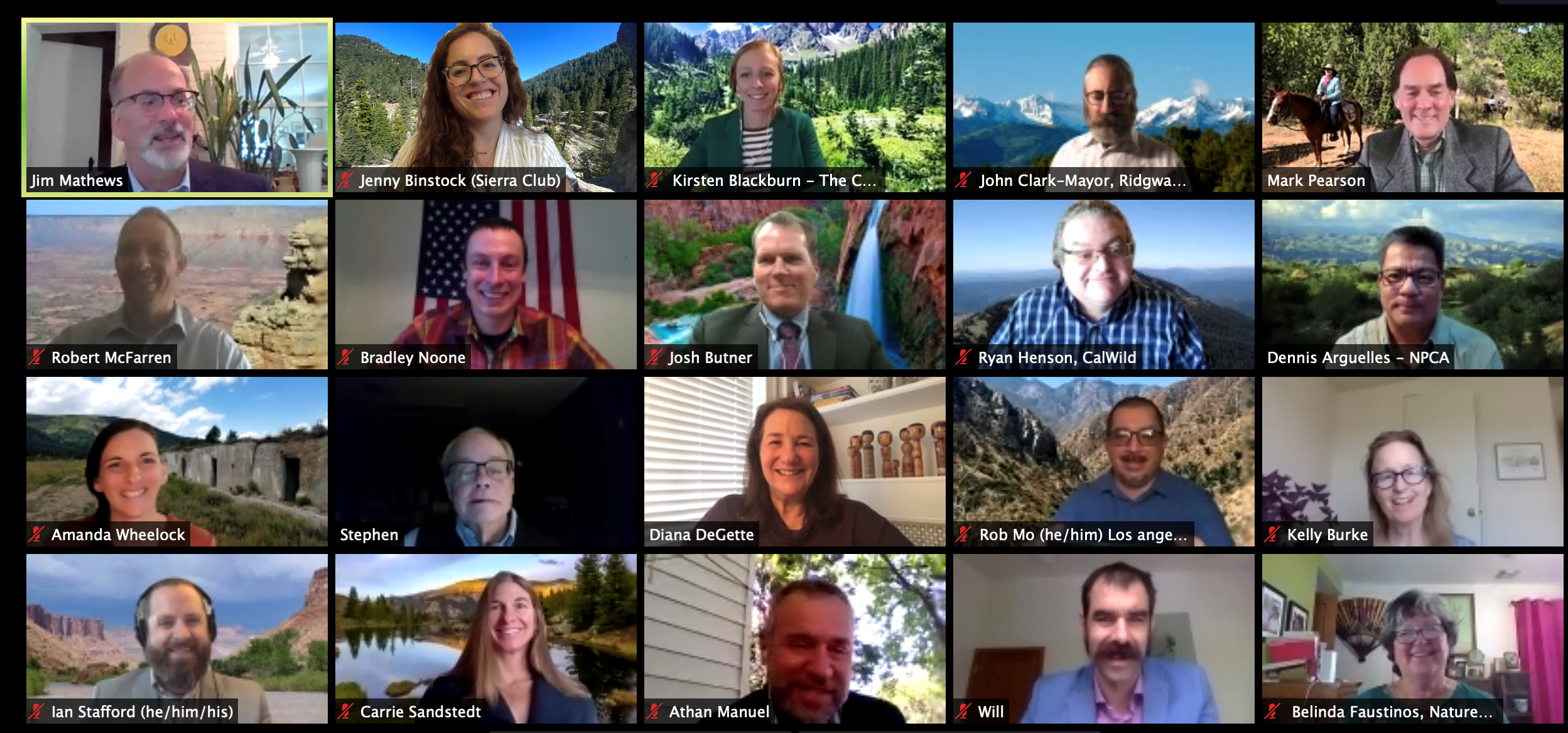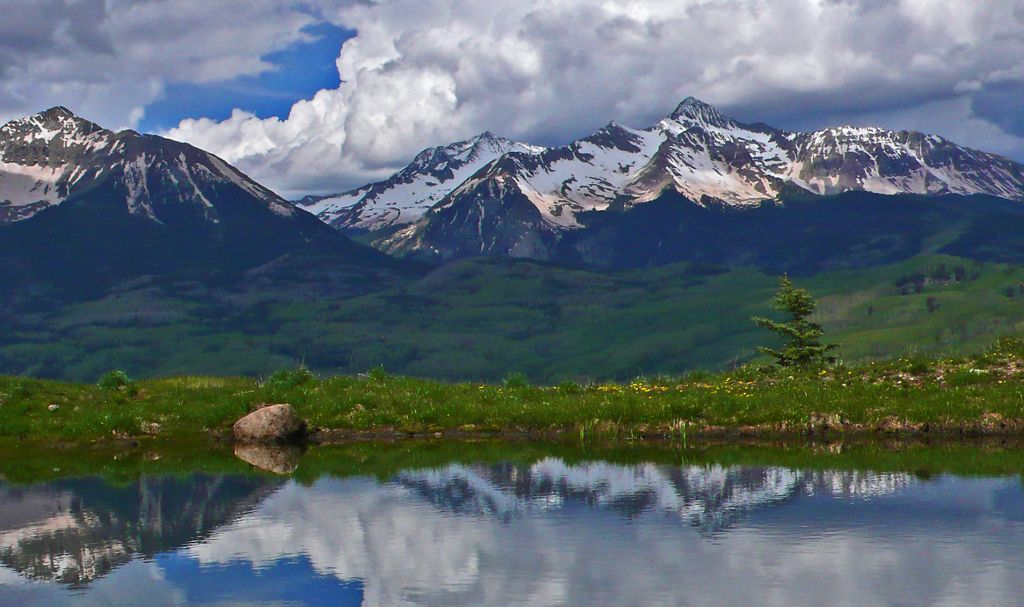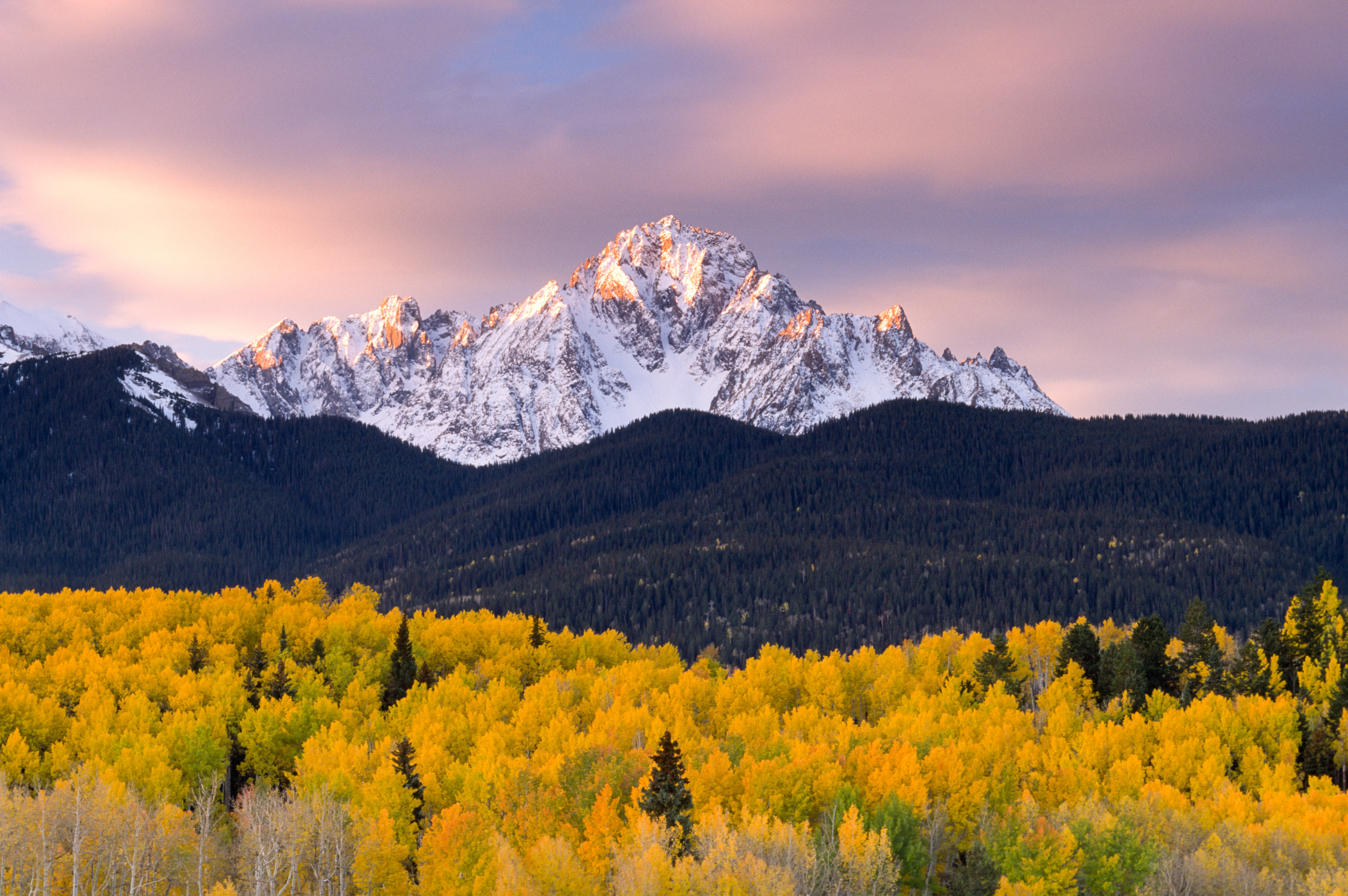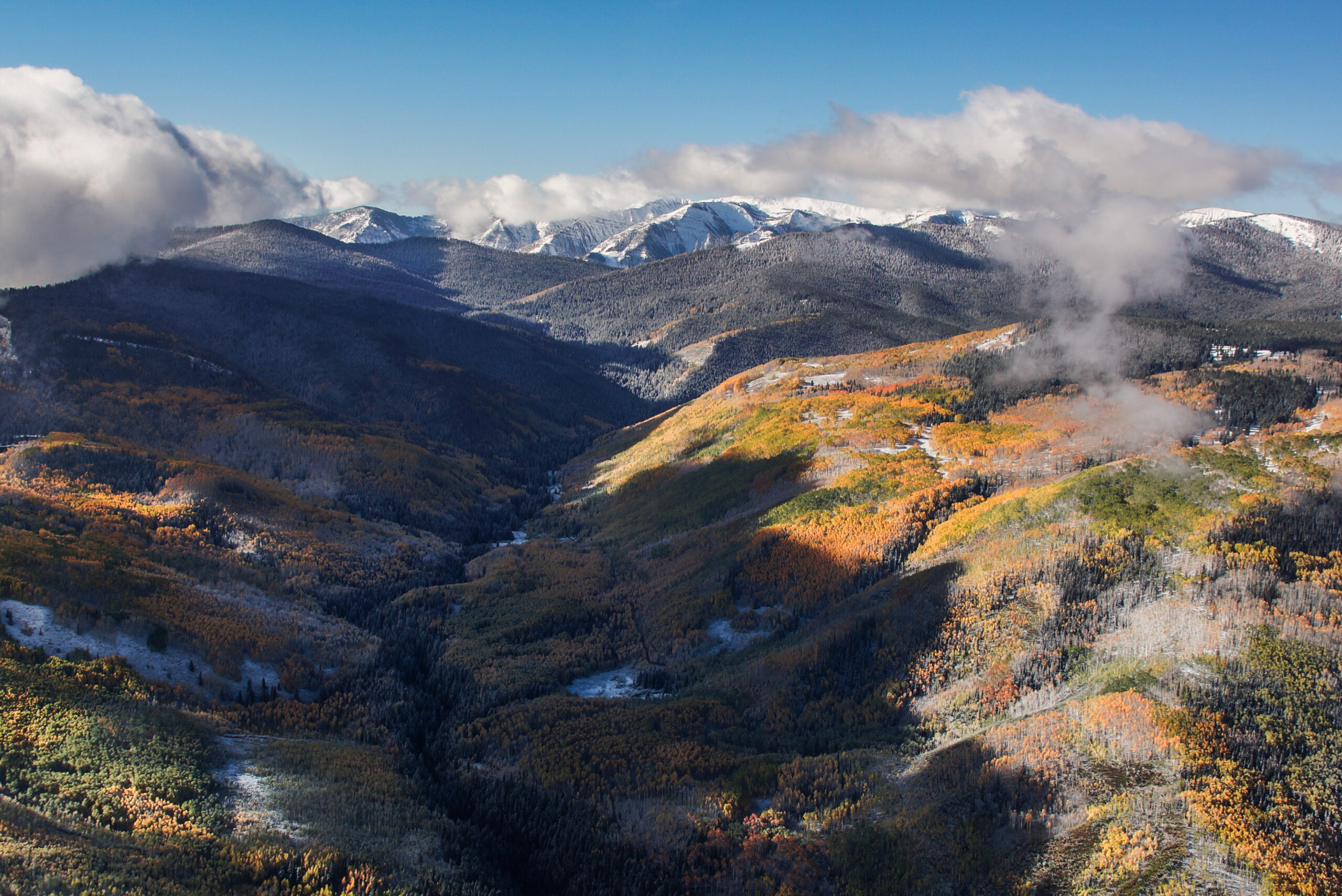Several local proposals would preserve public lands and waters across the state
A delegation of 10th Mountain Division veterans, sportsmen and women, local elected officials, ranchers, and small business owners are virtually flying to Washington, D.C. this week to urge Congress to pass bills that will preserve public lands and waters in Colorado. Two bills — the Colorado Outdoor Recreation and Economy Act (CORE Act) and the Colorado Wilderness Act — passed the U.S. House of Representatives as part of the National Defense Authorization Act (NDAA), and would safeguard incredible places like McKenna Peak, the Continental Divide, and the San Juan Mountains. Camp Hale, where World War II 10th Mountain Division soldiers trained, would also be protected as the nation’s first National Historic Landscape.
It is more clear than ever how important Colorado’s public lands and waters are to residents during the COVID-19 pandemic, as people have turned to nature for their physical, emotional, and mental health. Coloradans have always known that outdoor recreation and rural communities are the backbone of the state’s economy, and the pandemic has made that even clearer.
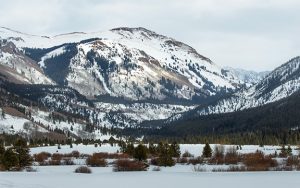
Credit: Mason Cummings, The Wilderness Society
The CORE Act was introduced by Rep. Joe Neguse and Sen. Michael Bennet in January 2019 and was also passed by the House with bipartisan support last fall. The bill safeguards some of the state’s most iconic, historic, and ecologically significant public lands while bolstering the region’s ample outdoor recreation opportunities, supporting local economies, and honoring our country’s veterans. A product of a decade of collaboration and compromise between businesses, recreationists, sportsmen, and conservation groups, the CORE Act would protect 400,000 acres of public lands including 73,000 acres of new wilderness and roughly 80,000 acres of recreation and conservation management areas, including the designation of the first-ever National Historic Landscape for Camp Hale to honor of the Army’s famed 10th Mountain Division.
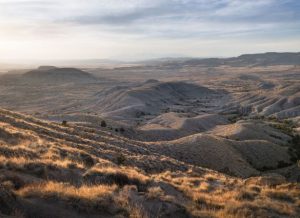
Credit: Mason Cummings, The Wilderness Society
The Colorado Wilderness Act, introduced by Rep. Diana DeGette, designates almost 600,000 acres of wilderness in 33 distinct areas across the Centennial State. A large portion of the proposed areas would encompass mid-elevation ecosystems often underrepresented in Colorado’s Wilderness lands and home to an astonishing variety of plant and wildlife species. A product of over 20 years of compromise, the Colorado Wilderness Act began as the Citizen’s Wilderness Plan, a vision for Colorado’s public lands developed by a group of concerned citizens who inventoried lands and gathered input from stakeholders throughout the state to identify areas fitting for Wilderness designation.
The last major public lands bill for Colorado was passed in the 2015 NDAA to protect the Hermosa Creek wilderness and watershed, and advocates are hoping this Congress does the same.
